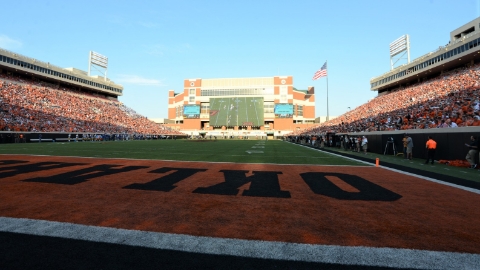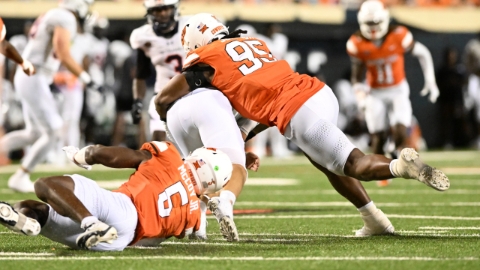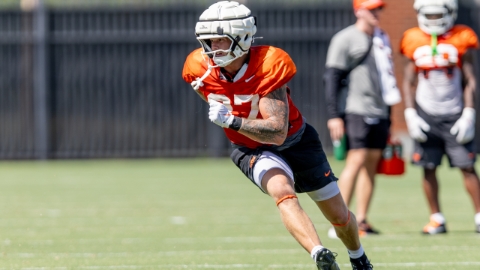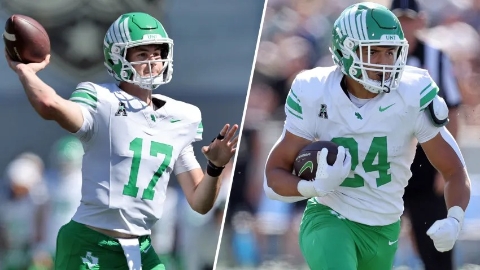New Roster Limits Across the Board in College Athletics, How Does OSU Stack Up?
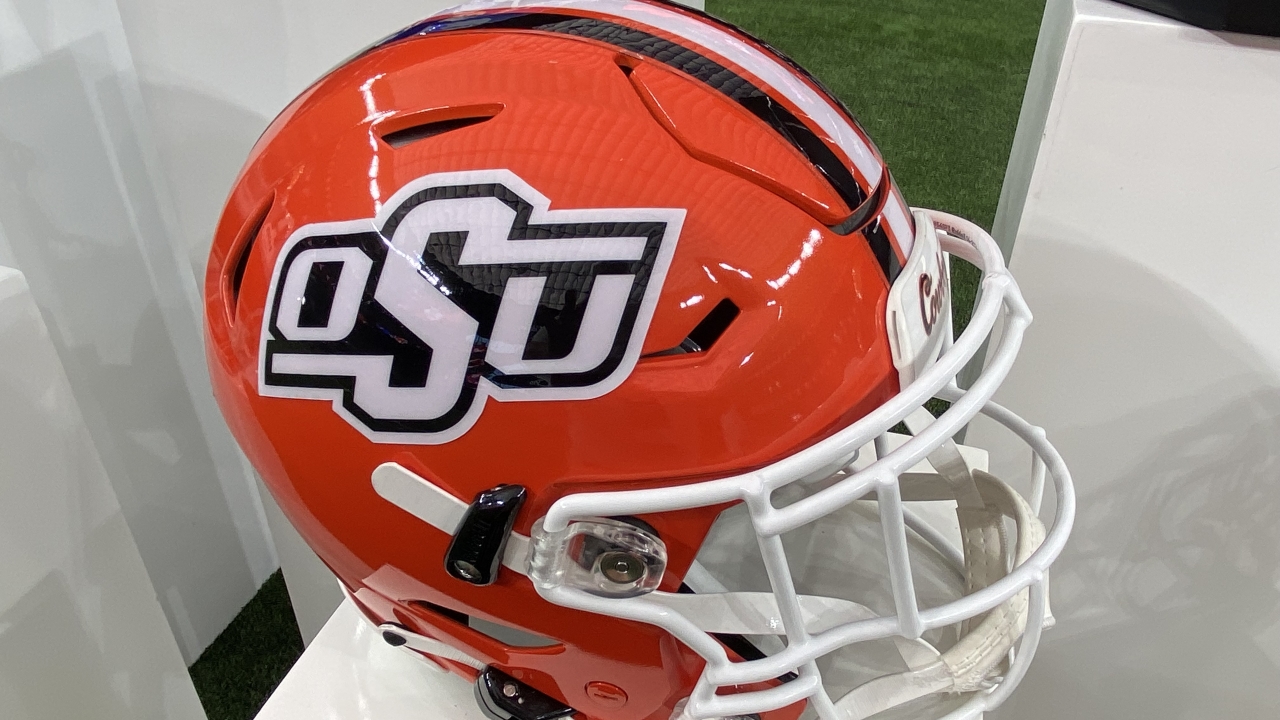
STILLWATER – It would be logical that as Division I football programs get ready to have their players report for fall camp that they were in deep discussion today as to how their future will look. The settlement for the House vs. NCAA class-action suit was filed in court today. Earlier this week conference commissioners met and voted on the roster limits. Football coaches were hoping for at least 110 players on their rosters. Some coaches held out hope they would get 120 players, which is currently the number you can have report to your fall camp. The number they will get, which is expected to be in place next year is a “hard” 105. I can tell you there was discussion all morning on this in the West End Zone of Boone Pickens Stadium.
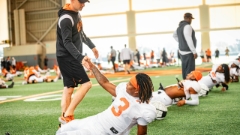
Oklahoma State will have 120 players report back on Tuesday and they will begin practice with the 120 on Wednesday. When school begins on Monday, Aug. 19 the other 20 players in the football program can report and begin practice. However, if the settlement in the House vs. NCAA suit is approved by the judge then next spring Oklahoma State and all other Division I football programs will be capped at 105 players.
The math of that is some 35 players that participate in football at Oklahoma State this fall will need to find new homes if they want to continue playing college football. Division II schools will be getting a windfall of players talented enough to help their programs. The loss of players will cause Division I schools to have to change the way they conduct daily operations. I realize that NFL teams play a 17-game regular season schedule and then the playoffs with a 53-man roster. However, once training camp is over there is little physical contact in practices and teams can always sign players during the season.
College football programs like Oklahoma State will have to scale back on contact and be more concerned with injuries than they are currently.
Football is just the largest roster to be considered as all sports had new roster limits included in the settlement, which was revealed with Friday’s court filing.
Part of the settlement with the plaintiffs was the elimination of scholarship limits, but the NCAA, schools, and conferences were able to come up with roster limits. At the Power Four level, schools are likely to scholarship all the athletes on a roster. That could add up to as many 790 new scholarships (by sport) available in the 40-plus sports in the NCAA.
Oklahoma State only offers eight men’s sports and eight sports for women. Here are the roster limits for those sports and the difference between the current scholarship numbers for each sport.
| Men’s Sport | Roster Limit | Old Scholarship Limit | Difference (+) |
Women’s Sport |
Roster Limit | Old Scholarship Limit | Difference (+ except basketball) |
| Football | 105 | 85 | 20 | Equestrian | 50 | 15 | 35 |
| Wrestling | 30 | 9.9 | 20.1 | Soccer | 28 | 14 | 14 |
| Baseball | 34 | 11.7 | 22.3 | Softball | 25 | 12 | 13 |
| Cross Country | 17 | 5 | 12 | Cross Country | 17 | 6 | 11 |
| Track and Field | 45 | 12.6 | 32.4 | Track and Field | 45 | 18 | 27 |
| Basketball | 15 | 13 | 2 | Basketball | 15 | 15 | 0 |
| Tennis | 10 | 4.5 | 5.5 | Tennis | 10 | 8 | 2 |
| Golf | 9 | 4.5 | 4.5 | Golf | 9 | 6 | 3 |
So, at Oklahoma State, if the department chooses to scholarship all eligible athletes the increase in scholarships would be 108 for male athletes and 105 for female athletes.

According to various reports and several administrators we spoke to there will be lots of discussion as far as where to put money for extra scholarships. Football will be funded completely at the highest level, meaning schools will need to find a balance or equivalency for Title IX purposes.
Remember too, Division I schools, like Oklahoma State, are going to have the added cost of sharing revenue (approx. $22 million) as well.
Schools are not required to distribute scholarships to each player and the Group of Five, FCS, and non-football playing Division I programs likely will not. Those schools are not defendants in the case. They will be bound by the roster limits, reporting system and enforcement mechanism only if they choose to share revenue with athletes. They can opt out of the new model if they decline to share revenue.
There will likely be some schools that will drop sports. Olympic sports will be the ones most likely impacted.
